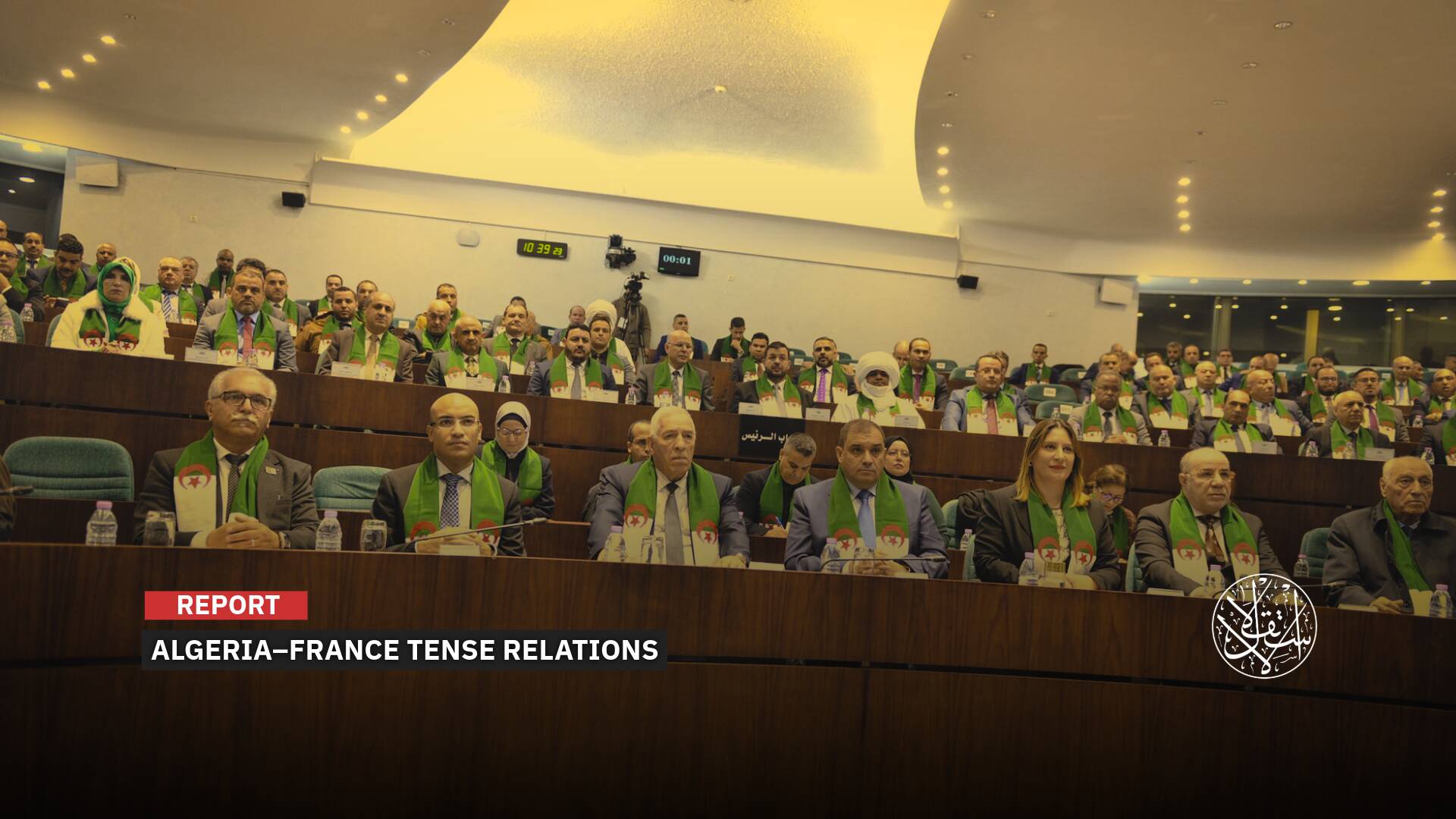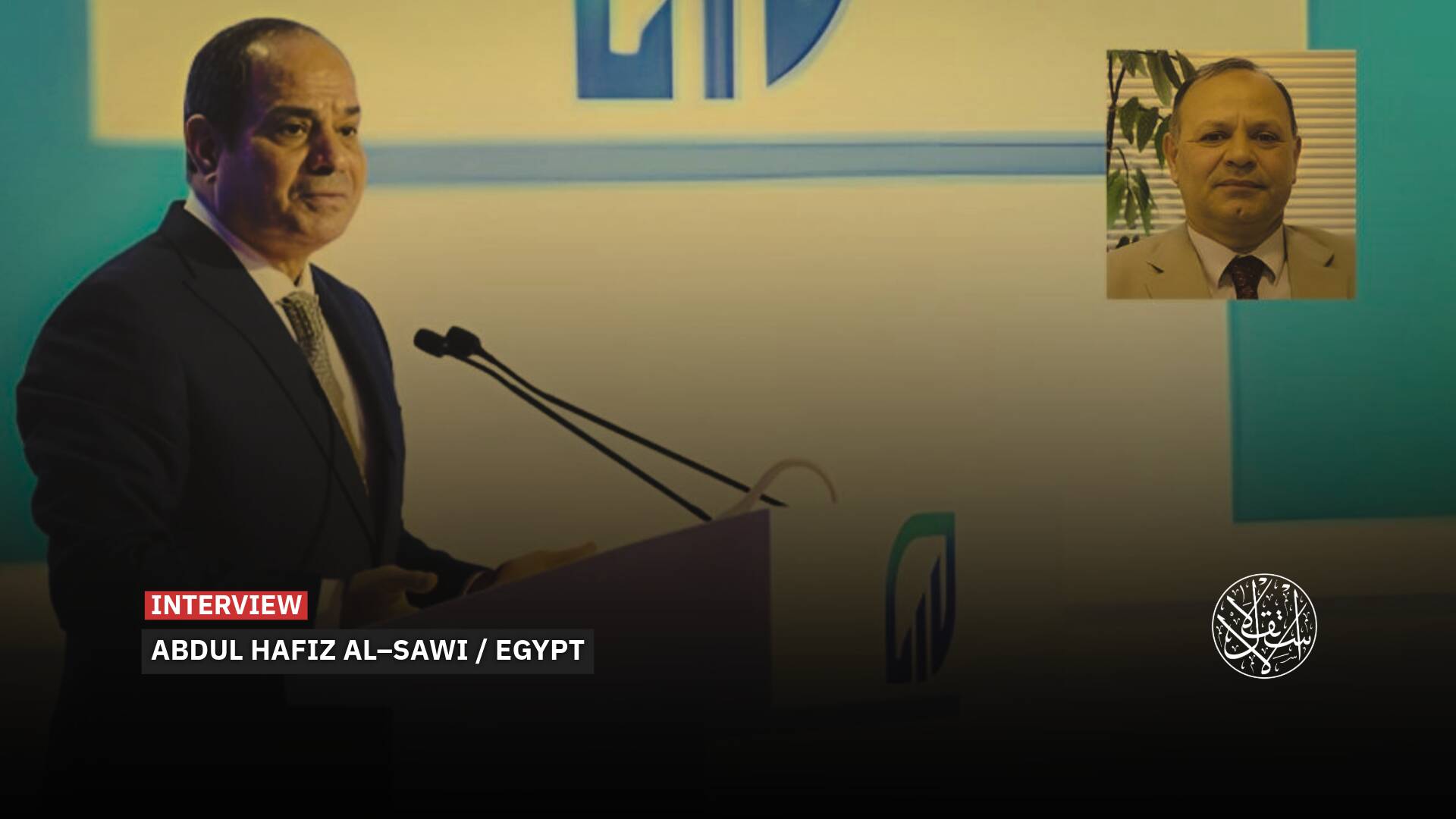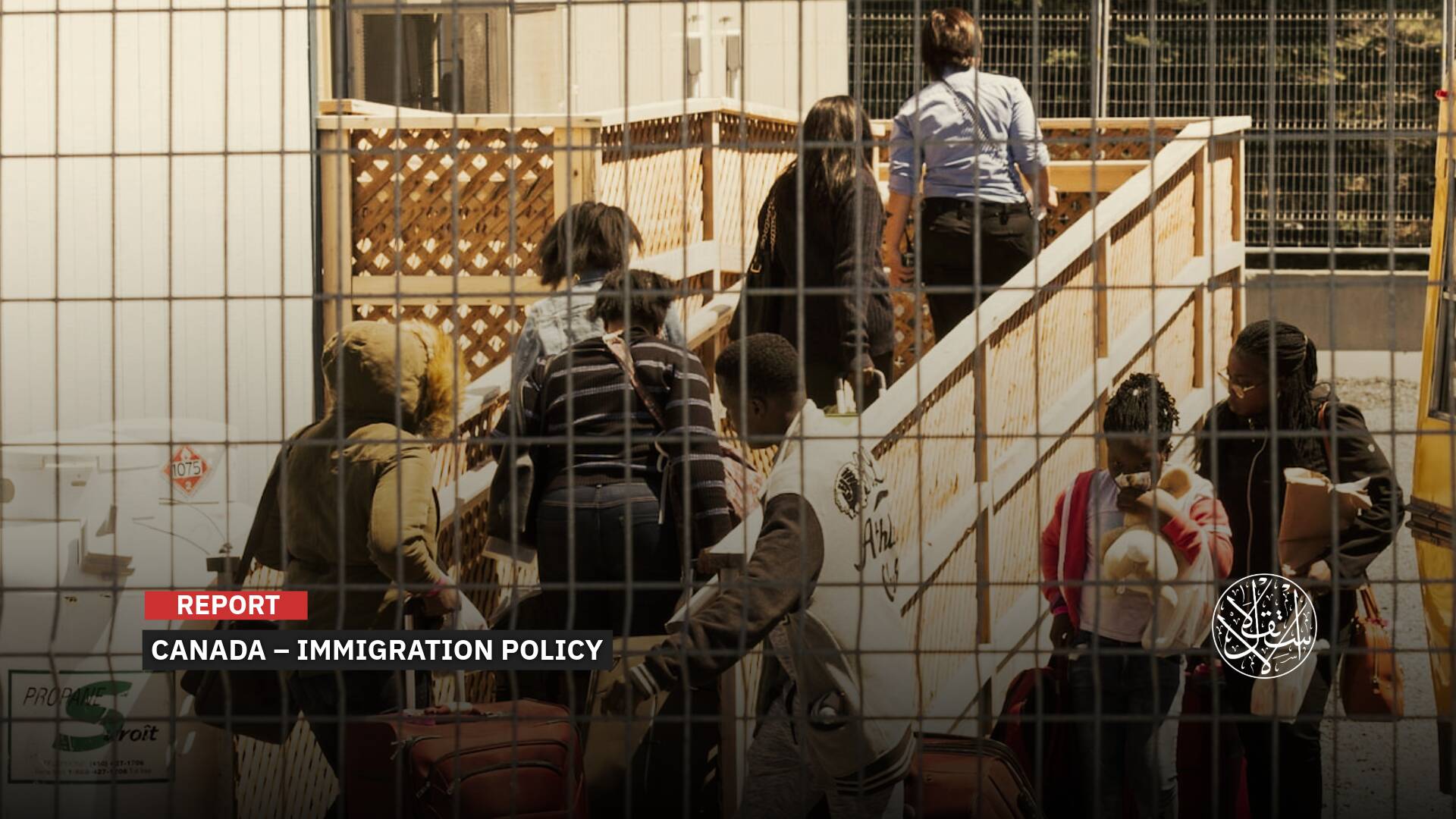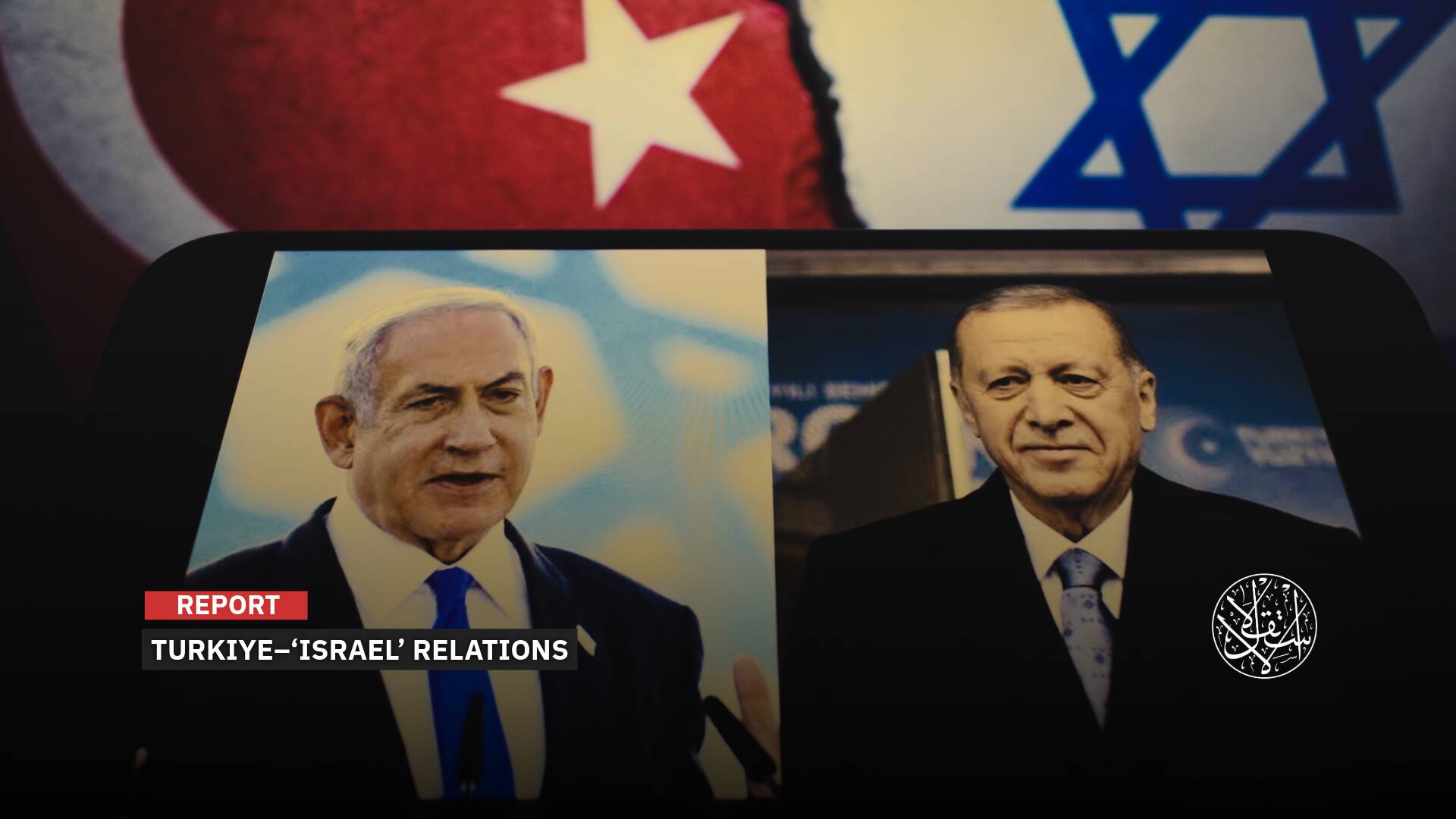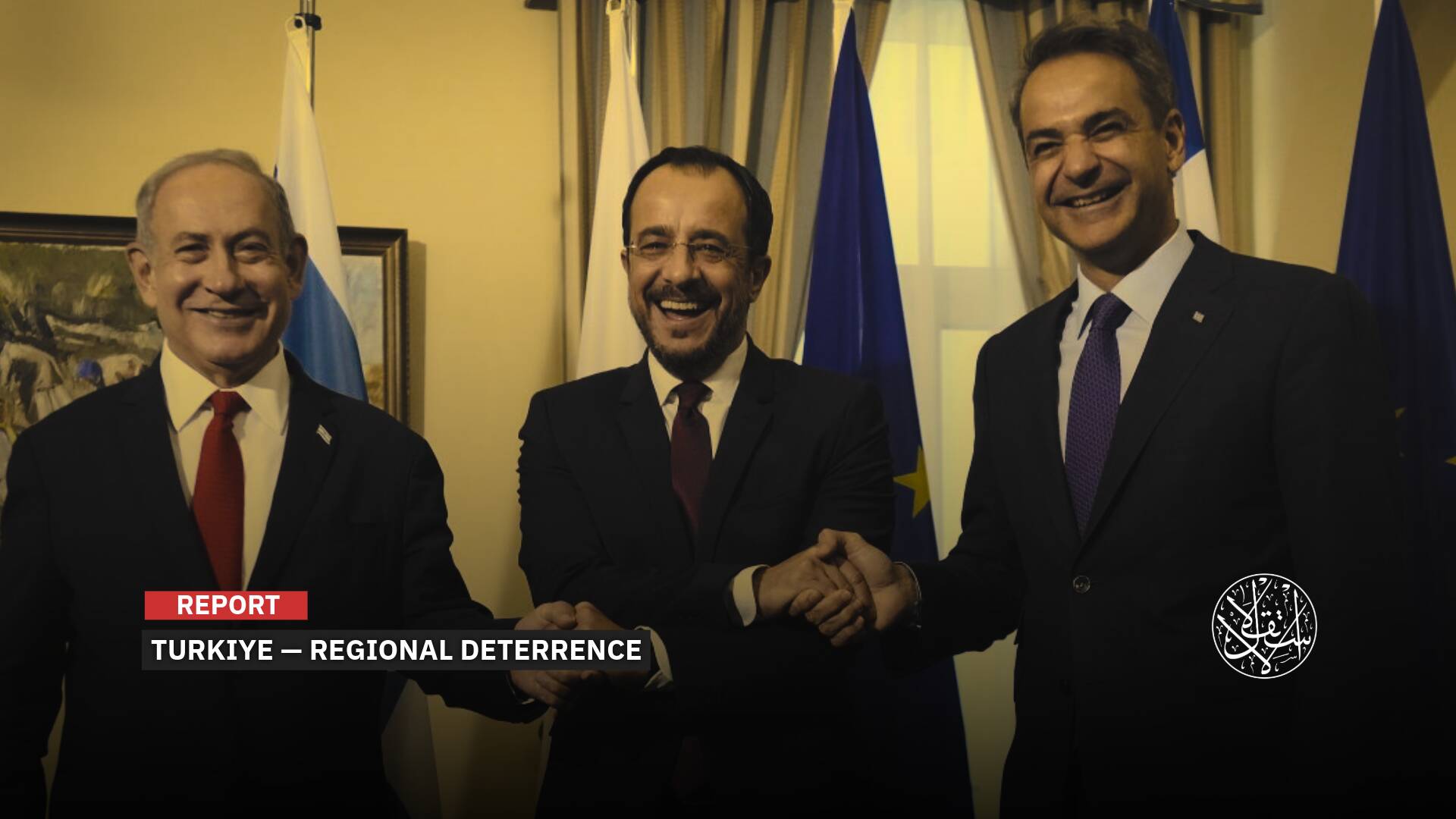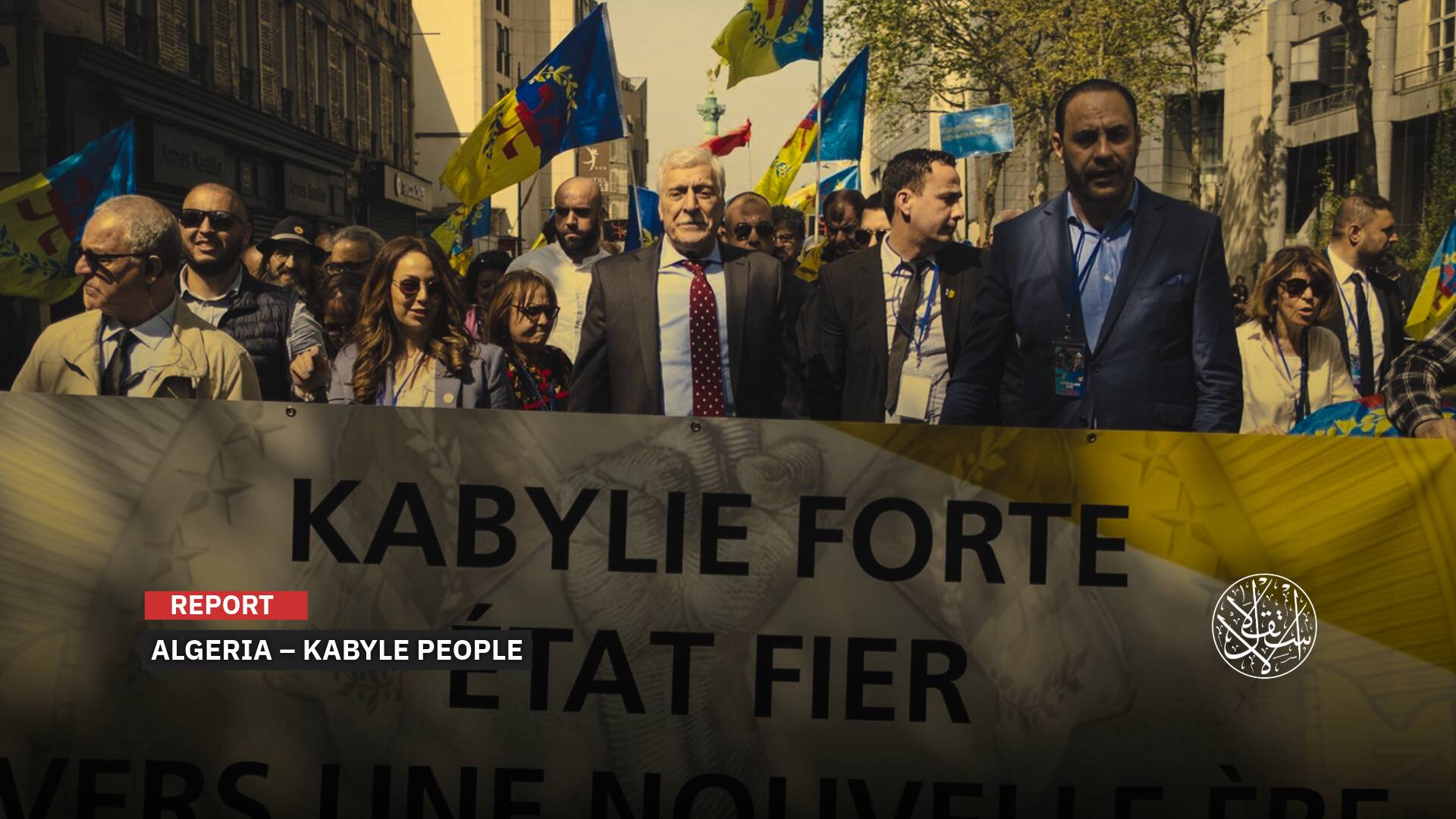Mr. Samir Falah to Al-Estiklal: Muslims in Europe Have Integrated Into Their Societies and Raised Their Status Despite the Obstacles

Mr. Samir Falah, head of the Council of European Muslim (CEM), confirmed that the issue of religious affiliation is considered in most European countries to be protected personal information. Therefore, declaring it, for example, in civil records is optional and not obligatory.
“Accordingly, the statistics on the number of Muslims in Europe remain approximate, as a large part of Muslims do not declare their religious affiliation,” Mr. Falah indicated.
A recent study published by the American Pew Research Center had expected a rise in the number of Muslims in Europe in the coming decades.
According to official reliable statistics, the number of Muslims in Europe in 2016 reached about 25.8 million people, or about 5% of the European population.
Commenting on the use by some European countries of the term political Islam to demonize all Muslims and silence those who express their political views, Mr. Falah said: “The term 'political Islam' comes within a similar pattern and logic to previous terms such as: Radical Islam, Islamism…
“It is also an imported and alien term to European reality, and its use in the European context is intended to transfer political and ideological conflicts in Arab and Islamic countries to Europe, especially after the revolutions of the Arab Spring and the counter-revolution,” Mr. Falah added.
“Unfortunately, the interests and goals of countries that were known to support counter-revolutions and the relentless pursuit to bury democratic experiments in the Arab and Islamic world have met with the interests of populist currents and far-right parties. They found their goal in fighting the Muslims in Europe and their institutions, distorting them, inciting against them, and trying to implant institutions that are harmful to them,” Mr. Falah noted.
Demographics of Islam
• What are the direct and indirect reasons for the increasing proportion of Muslims in Europe?
Mr. Samir Falah: As for the reasons for the increase in the number of Muslims—and the increase here is relative—the reproductive factor is not the only factor. Rather, when we take it isolated from other factors, we find that it does not stray far from the growth rates of the rest of society.
This is because Muslims in Europe have the same living conditions as the rest of their fellow citizens, such as delaying the age of marriage due to studies, or confining one or two children due to the work of the spouses, or other conditions of life in the Western environment.
Studies and statistics selected three scenarios for the demographic development of European Muslims in the year 2050 in relation to the issue of immigration, and the result was as follows:
– Zero immigration rate: In this scenario, the proportion of Muslims in all of Europe is 4.7%, and the highest in France, at a rate of 7.12% of the total population.
– Average immigration rate: In this scenario, the proportion of Muslims in all of Europe is 2.11%, and the highest in Britain, at 16.7% of the total population.
– High immigration rate: In this scenario, the proportion of Muslims in all of Europe is 0.14%, and the highest in Germany, at 19.7% of the total population.
• In conjunction with the increase in the proportion of Muslims in the old continent, most of the population of which is elderly; a recent study published by the American Pew Center for Research and Statistics published by the Vatican revealed a decreasing percentage of Christians in Europe.
Does this phenomenon represent a level of danger for Europe, especially since Muslims are among the youth groups?
Mr. Samir Falah: For followers of the Christian faith, the correct numbers are those related to the Catholic or Protestant Church, as for other independent churches, the number of their followers is approximate as well.
As for the possible repercussions of such demographic developments, pointing out that it is a danger that in fact internalizes a racist soul who deals with Muslims as if they were outside their European societies, and it is the discourse of populist currents and far-right parties.
We proceed from a fact that we still affirm on every occasion, namely that the Muslims in Europe are an integral part of their societies, they have no plan to overthrow it or replace it, as the authors of this discourse promote.
The demographic development of the Muslims in Europe benefits their societies by strengthening the workforce and stimulating economic life and other benefits.

Societal Integration
• Do Muslims in Europe represent a certain segment? Has this segment succeeded in integrating into European societies?
Mr. Samir Falah: No matter how much Muslims represent a religious peculiarity in their European societies, they are by analogy with citizenship a part of all rights and duties in it.
The statements of senior politicians in recent years have continued to confirm this meaning: Islam and Muslims are an integral part of European societies.
This fact and this reality are the result of the development witnessed by the Muslim presence in Europe, where they began as immigrants and transients, then moved to the search for the reasons for integration, and ended with citizens in which all the factors of stability are achieved.
It is noteworthy that many countries had witnessed presidential, legislative or other elections during 2021, as European Muslims were present in these electoral forums from two sides.
The first is that they are the subject of electoral campaigns in a few cases in a positive way that calls for their being considered within the social fabric, in many cases, negatively, they are used as fuel for racist campaigns and as a hanger for many crises.
As for the second aspect of the presence of European Muslims, it is their participation, not only by casting their votes, but also by running for various political positions, and this is an experience that is becoming more and more entrenched.
The development of the path of Muslims' participation in the political life of their European societies reflects a natural fact that they are an integral part of their societies.

• Were Muslims in Europe able to maintain a certain extent of their Islamic identity during their integration into their new societies, or did they adopt a certain identity for this?
Mr. Samir Falah: The religious privacy of Muslims, in light of the religious freedom guaranteed in all European laws and constitutions, does not in fact represent a factor of exclusion for them as much as it decorates and enriches European multicultural societies with them.
This is despite the voices of the far-right and populist currents that call for otherwise.
During this development witnessed by the Muslim presence in Europe, the issue of identity was and is still the subject of controversy and scrutiny.
We in the (CEM) say that there is no contradiction between belonging to the European homeland and belonging to Islam. There is no contradiction between being French, German or British, and being a Muslim.
The Muslims of Europe, especially the new generations, must also get rid of this contradiction that binds them and throws them in the midst of fake battles over identity.
There is no evidence for the correctness of this position in view of the involvement of Muslims in Europe today more and more in their societies, and their participation in what benefits them and raises their status, despite some obstacles here and there.
We find them in most segments of Western society and in most professions and specializations, we find them as factory and shop owners, and we find them in parliaments and municipal councils… they are a productive force and an enriching factor.
• Will the growing Muslim population in Europe make European societies more accepting of Islam and Muslims, or it increase discrimination, populism, extremism and Islamophobia?
Mr. Samir Falah: As we have said, we consider the increase in the number of European Muslims to benefit European societies, and if the populist currents and the far-right promoted the opposite.
I will give an example of this: the wave of immigration that swept Europe in 2015, of which Germany received the largest part.
These immigrants today have succeeded in great measure in the challenge of integration. Indeed, today they have become a productive force that contributes to the development of the German economy, in addition, despite their religious and cultural peculiarities, most of them are an addition and enrichment to German society.
The campaigns of intimidation by populists and the far-right and the hate speech they launch have no goal other than to hunt votes in light of the crises experienced by some European countries.
If these currents and parties were to rule, it will not last long due to its lack of realistic solutions to these crises, and it will quickly return to relapse and regression.
In addition, the new generations of Muslims in Europe, by virtue of their saturation with patriotic culture, will not be discouraged by hate speech and will not push them into isolation. Rather, they will have, through their societal participation, including political ones, a positive impact in consolidating the Muslim presence in Europe to be a natural component in its surroundings.

Anti-Islam Narratives
• The Crown Prince of Abu Dhabi, Mohammed bin Zayed, and the head of the Egyptian regime, Abdel Fattah El-Sisi, had warned Europe against the political activities of Muslims in Europe.
What is the impact of such statements and the resulting policies on the growing phenomenon of Islamophobia in the West?
Mr. Samir Falah: The threads of this conspiracy began to unfold and appear, especially after the American website Politics Today revealed the UAE’s attempts to influence Western policy-making at the most strategic level towards Islamic countries, especially in America and Europe in order to impose its narrative on Islam against the Muslim Brotherhood, the Arab Spring, and the independent activities of civil society.
In addition, Abu Dhabi had embraced information networks consisting of far-right nationalists, Islamophobes and orientalists in the media, academia, and policy-making, as the UAE has also used conspiracy theories about the Islamization of the West to promote its narratives.
It is noteworthy that the Austrian judiciary had revealed in three cases so far related to the events and raids in Austria in November 2020 that they were built on wrong grounds and therefore were illegal.
For your information, the first source on which the investigations of the Austrian Public Prosecution relied in this case are studies by specialists in political Islam, and they are: Lorenzo Vidino, Heiko Heinisch, and Nina Scholz, and their circle promote counter-revolutionary states' narratives on the subject of political Islam.
We believe that these malicious attempts and endeavors will be doomed to failure. As the Muslims of Europe and their institutions are rooted in their European reality and societies, immunized against foreign agendas, and preserved the independence of their decisions, they will succeed in confronting all attempts to distort and incite against them.


